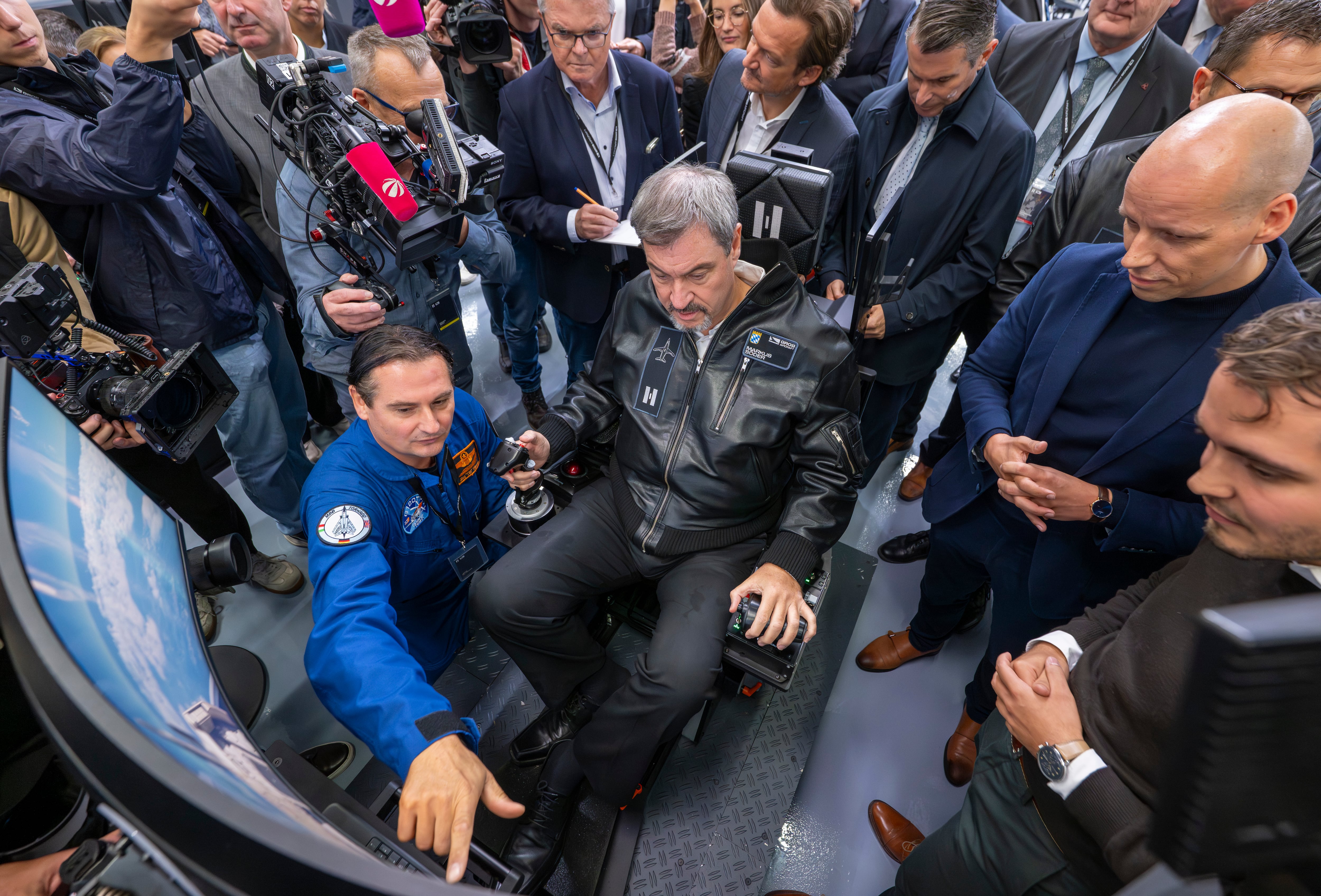The United States National Security Commission on Artificial Intelligence is beginning to take shape as leaders from the House Armed Services Committee recently announced two new appointments to the new panel.
Rep. Mac Thornberry, R.-Texas, the committee’s chairman, and Rep. Adam Smith, D.-Wash., the committee’s ranking member, appointed Eric Schmidt and Eric Horvitz, respectively, to the bipartisan commission Nov. 14.
The commission was created by National Defense Authorization Act for fiscal 2019 to “review advances in artificial intelligence, related machine learning developments, and associated technologies.”
Schmidt is the chairman of the Defense Innovation Board and a technical adviser to the board of Alphabet, where he was formerly the executive chairman. Alphabet, which is the parent company of Google and several former Google subsidiaries, is known for its heavy investments in the AI and machine learning domain. Prior to the establishment of Alphabet, Schmidt served as the chairman and chief executive officer of Google Inc. and was a member of President Barack Obama’s Council of Advisers on Science from 2009-2017.
Horvitz is a technical fellow and director of Microsoft Research Labs, and served as president of the Association for the Advancement of AI. Horvitz has also served on advisory committees for DARPA, the National Science Foundation, the National Institutes of Health, and the Allen Institute for AI. Horvitz is the co-founder and board chair of the Partnership on AI to Support People and Society, where he has focused on ethical, legal, and safety issues related to the influences of AI advances on people and society.
The commission will ultimately be comprised of 15 members, appointed by the chairmen and ranking members of relevant congressional committees and by the the Secretary of Defense and the Secretary of Commerce. No other appointments to the committee have been announced.
The committee’s initial report on its findings is due in February 2019. The report is expected to make recommendations for congress and the executive branch regarding artificial intelligence, machine learning, and associated technologies, including how to more effectively organize the federal government around them.








